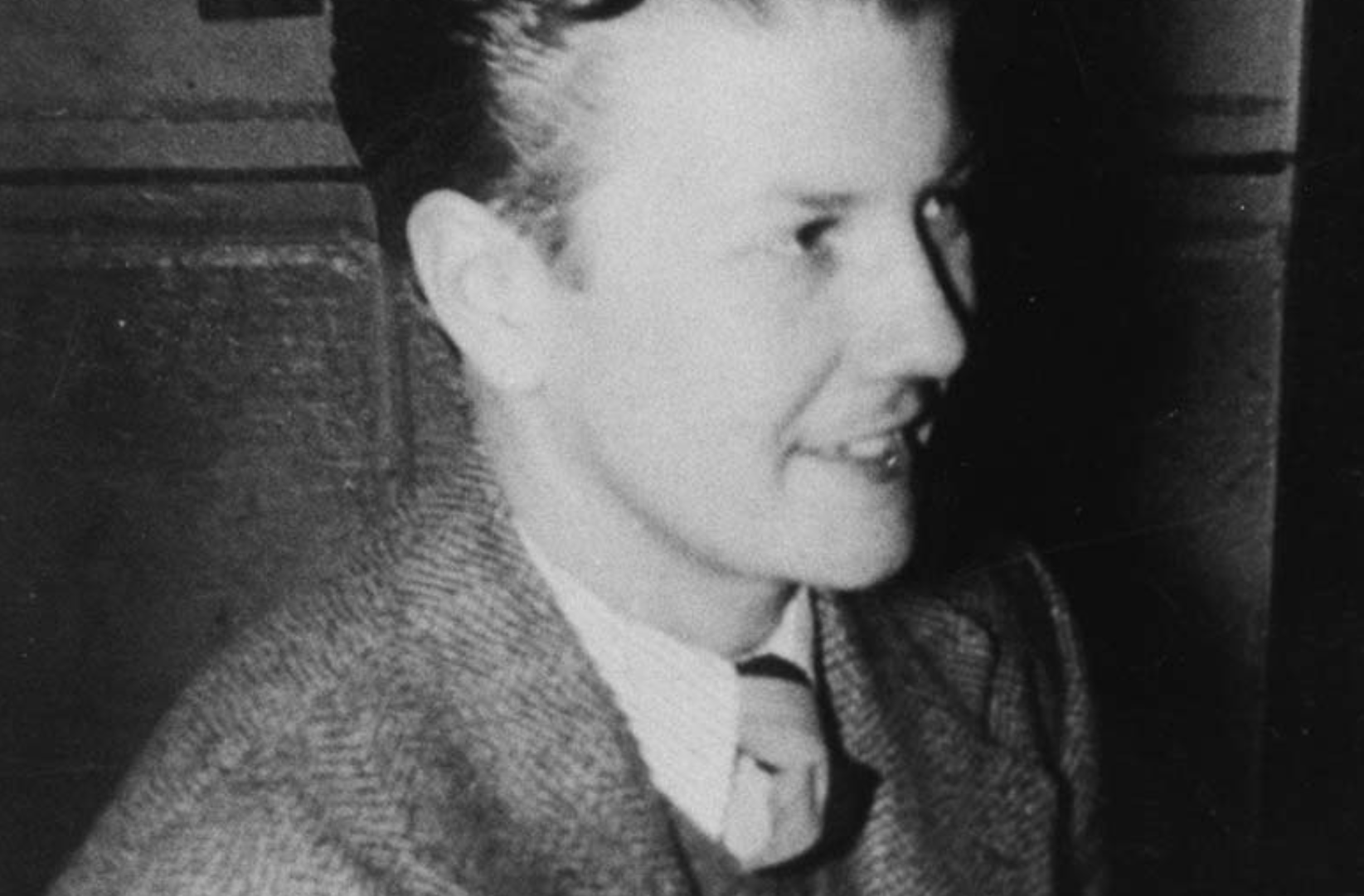TIFF ’20: Chase Joynt, Aisling Chin-Yee bring trans stories to the fore with No Ordinary Man

The feature-length doc about the life of American jazz legend and trans icon Billy Tipton makes its world premiere today at TIFF Bell Lightbox.
No Ordinary Man, a feature-length documentary about the life of American jazz legend and trans icon Billy Tipton, is making its world premiere at an interesting moment for trans representation on screen.
“That’s one of the questions of the moment, isn’t it,” says co-director Chase Joynt when asked whether international film festivals are making more space for trans stories than before.
“I think we’re at a moment of hyper-visibility of trans representation in content, but it still exists as an incredible minority when compared against the other stories that are being programmed on the mainstream film festival circuit,” notes Joynt, who is the only trans filmmaker in the feature film section at this year’s TIFF.
This hyper-visibility on screen has the potential to create change and acceptance, adds Joynt, but it’s not a given.
“The complexity of any kind of engagement with visibility is that it also produces an incredible amount of vulnerability for trans and gender-non-confirming people, so I do not believe that visibility equals social change. Visibility always has to exist alongside other kinds of policy changes and social movements for justice, so I think it’s one of many interlocking, necessary parts.”
Joynt co-directs the film – which premieres today (Sept. 10) at 8 p.m. at the TIFF Bell Lightbox – alongside Aisling Chin-Yee, who is returning to the festival after directing last year’s The Rest of Us.
Chin-Yee first started working on the project in early 2018 with producer Sarah Spring of Parabola Films, before things were put on hold while Chin-Yee worked on The Rest of Us. Once the film was completed, she began penning the screenplay for No Ordinary Man with co-writer Amos Mac. In early 2019, Joynt, whose directorial credits include documentary shorts STEALTH (2014), Genderize (2016) and Framing Agnes (2019), joined the project.
Filming took place in L.A., New York and Washington last summer and entered post in October. Once the pandemic hit, Chin-Yee, who also edited the film, shifted to working from an edit suite at her home in Montreal.
One of the main artistic challenges faced in the making of the doc is that there aren’t any moving images of Tipton, who gained fame in the U.S. in the 1940s and ’50s. Despite Tipton’s fame, his trans identity was not known throughout the music world until after his death in 1989. For decades, he was portrayed as an ambitious woman “passing” as a man at a time when trans representation was virtually non-existent in the music industry.
In terms of the film’s target audience, Chin-Yee said there are entry points for a variety of viewers. “We hope it finds a place in the LGBTQ community, but it’s also a biopic about a musician, it takes place in the jazz era, so we hope it will appeal to a more general audience as well.”
Joynt adds that the opportunity is growing for new stories to be told in mainstream culture. “For so long, trans projects have been understood as only being for and/or applicable to trans people. First of all, what a limited understanding of the capacity and potential for audience engagement broadly – we should give the viewing public way more credit for the potential of their curiosity.”
“Audiences are much more curious and versed in documentary film now,” adds Chin-Yee, “because of the streaming networks and so many other places we can see doc and non-fiction content. It’s become a medium that has been embraced by a general audience of people who are really curious and want to learn about other people’s lives and experiences.”
As for what’s next for Chin-Yee and Joynt, Chin-Yee said she will be moving back to narrative features for her next project, while Joynt said he is moving toward “hybrid doc and experimental territory,” as well as going into production on a feature adaptation of his short Framing Agnes.
No Ordinary Man is made in partnership with the CMF, Telefilm, SODEC, SODEC Tax Credit, Documentary Channel, CAVCO and TVO. Montreal-based distributor Les Films du 3 Mars holds all Canadian rights.

 The definitive CDN broadcast and production resource.
The definitive CDN broadcast and production resource.










